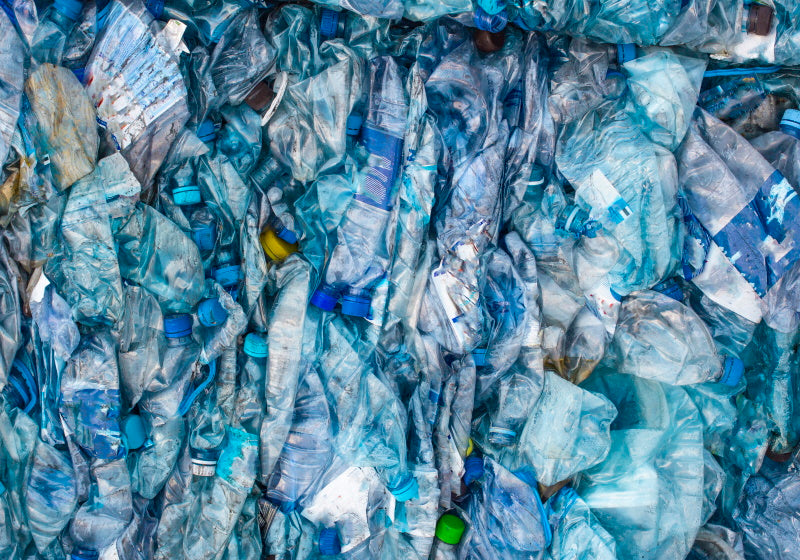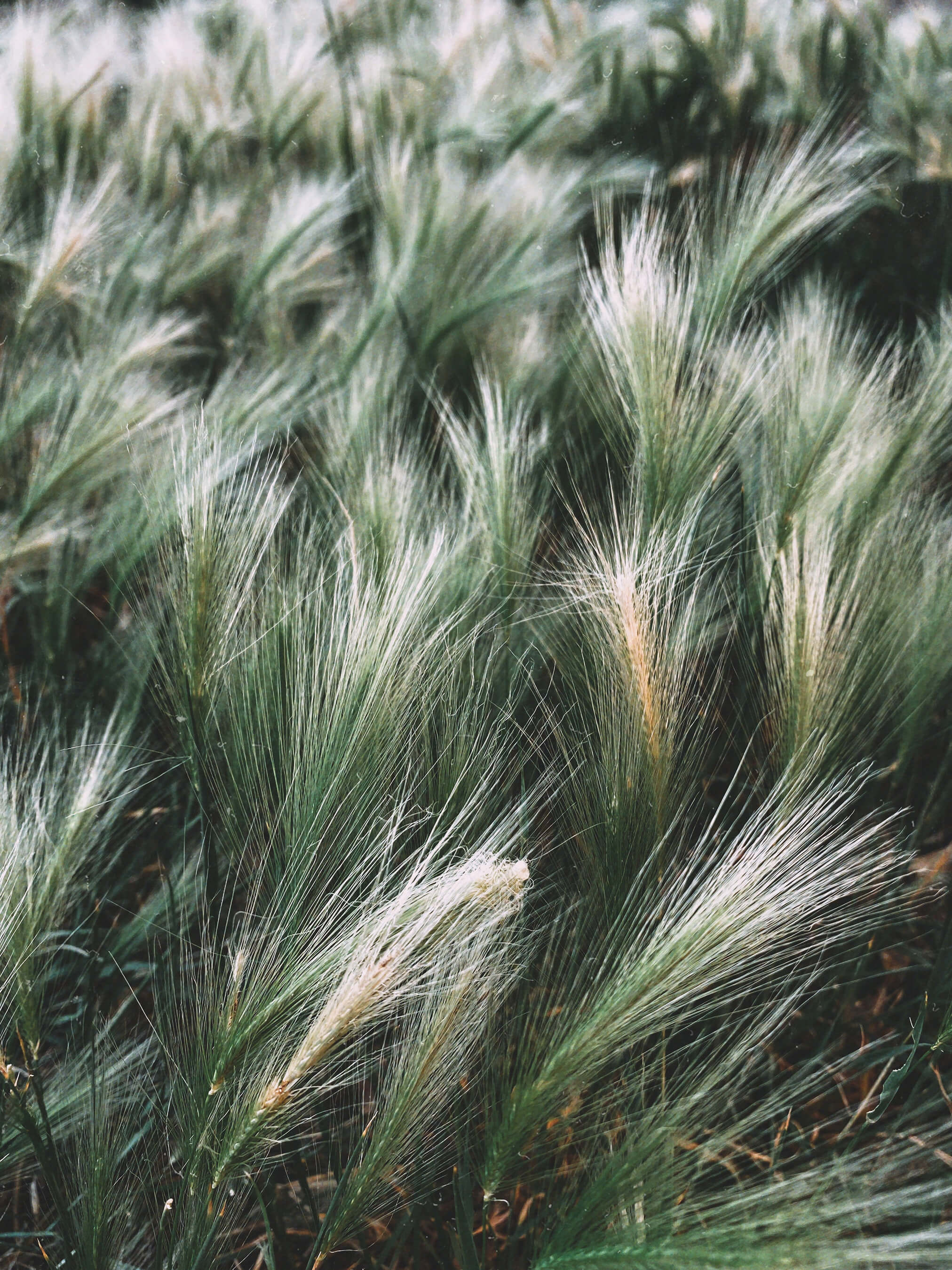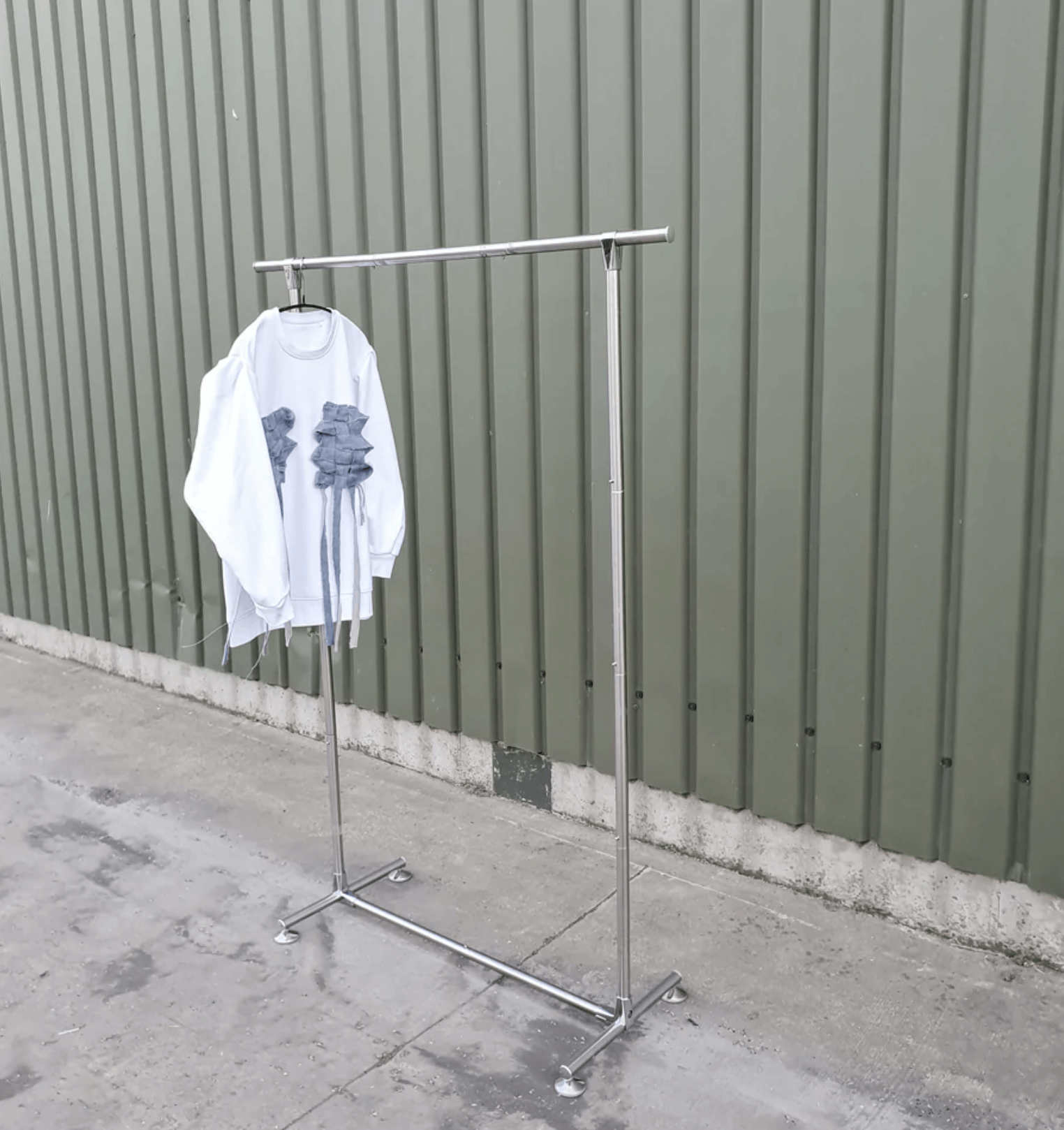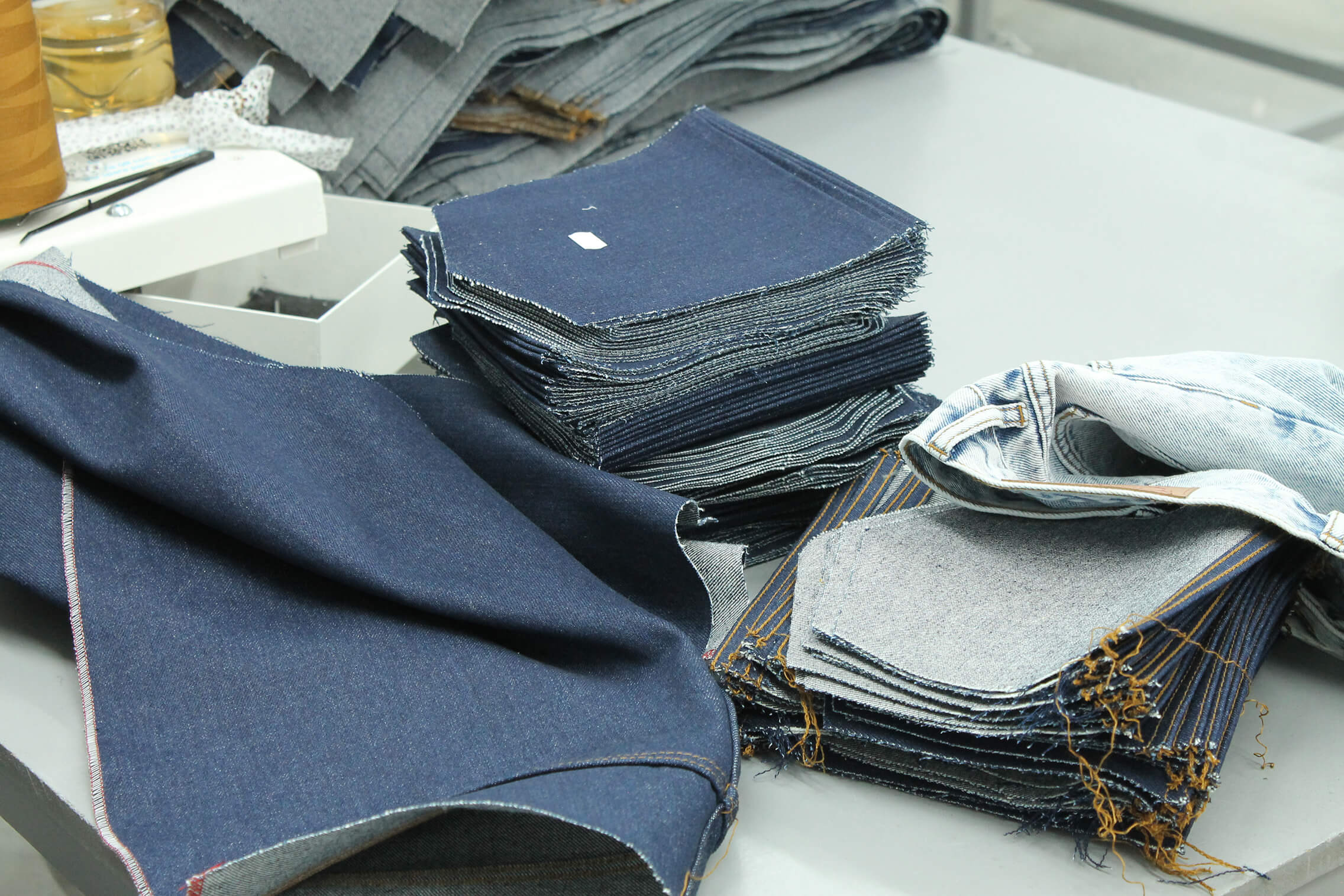At Fanfare Label, we want to turn the tables so that the only impact we have on the world is a positive one.
In 2022 we introduced our Impact Fair Campaign to share with our customers the positive impact Fanfare Label products have on reducing the fundamental issues caused by the fashion industry.
This new feature allows you to track your positive impact and the positive savings you make by shopping with us vs another retailer.
Positive impact

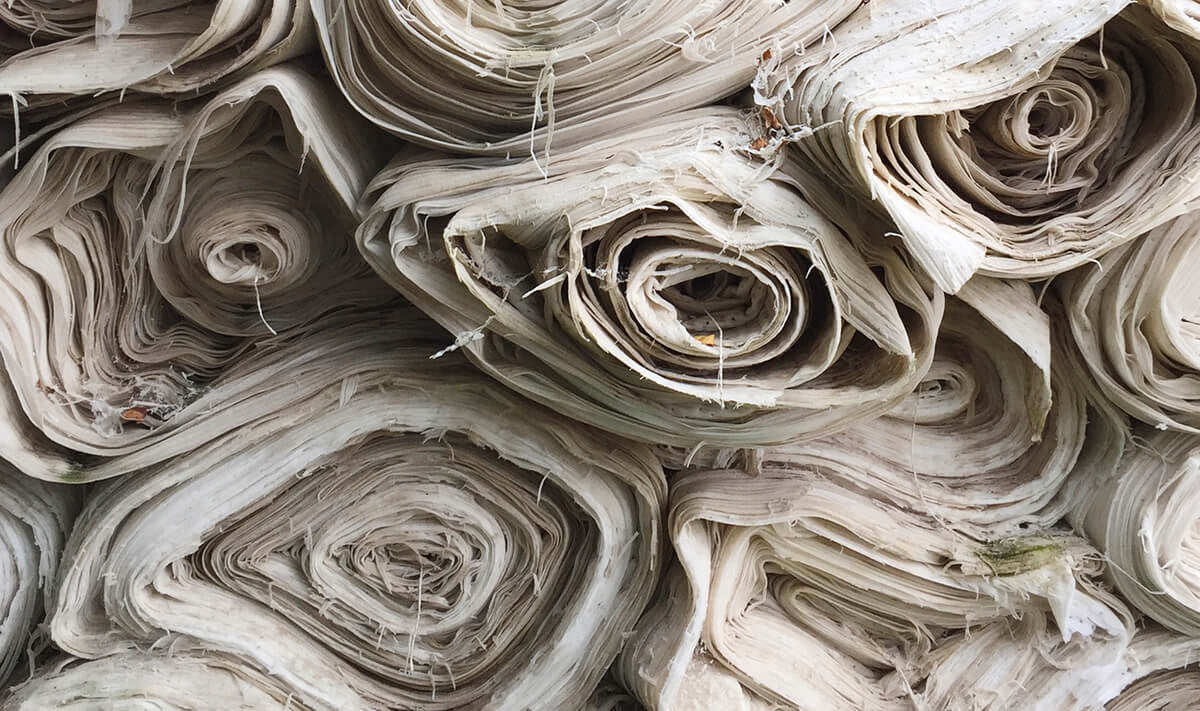
This is only the beginning…
500 metres
of fabric saved, reducing the 2.24 million textile waste already in landfills
1,445,305 L
of water saved by using recycled, organic & linen materials
23,481 km
driving emissions co2 saved from recycling & using sustainable fabrics
6000 hours
of skilled work created in the UK, providing fair pay & working conditions
(estimates calculated internally at Fanfare Label)
Shopping with Fanfare Label
When you choose to invest in one of our circular fashion pieces, your purchase is a vote for a responsible fashion industry.
We want to empower you to make an informed choice when you consume fashion and so we work with key partners to support us in predicting our environmental savings based on the fabrics we use in our collections. We have researched the environmental impact of different garments we produce so you can see exactly how you’re contributing to making positive savings that benefit our beautiful planet.
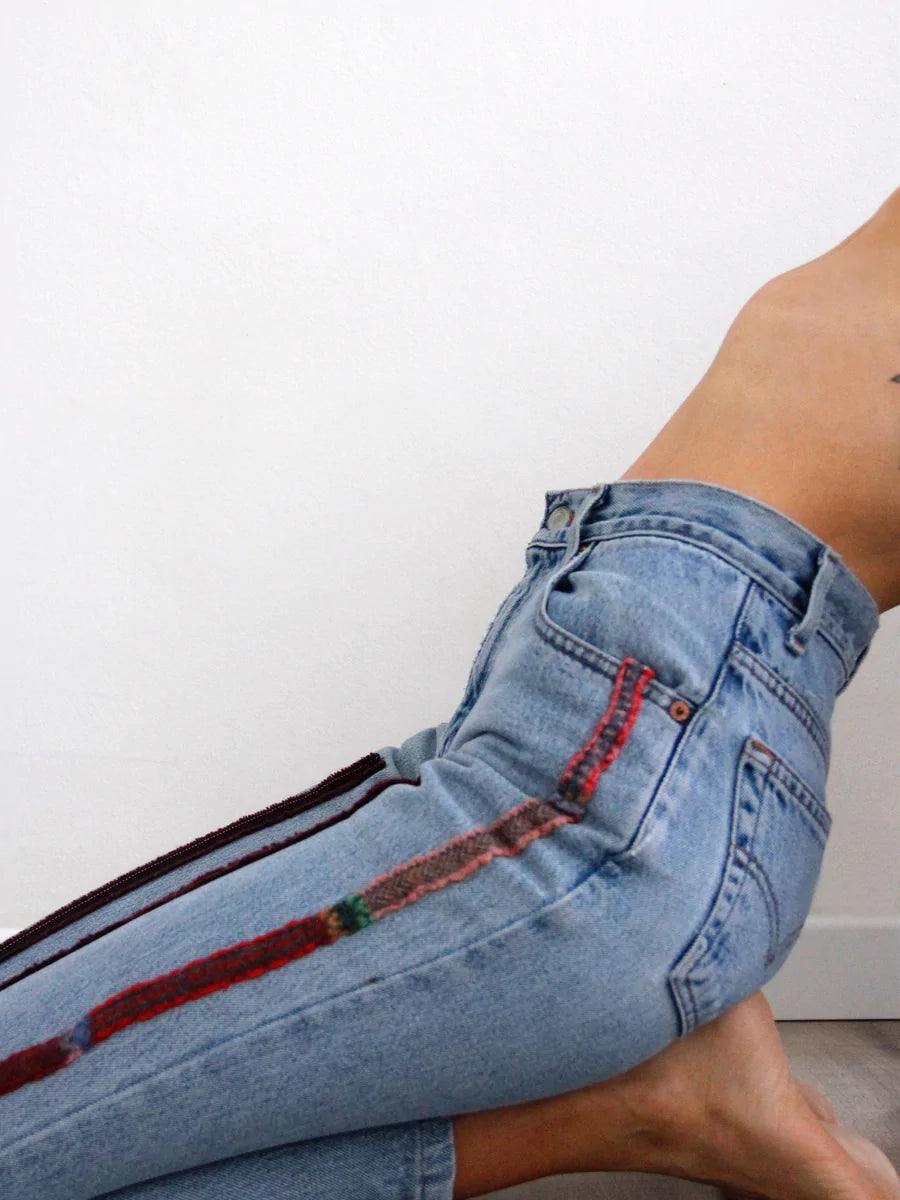
1 pair of our recycled jeans saves:
![]() 9500 litres of water
9500 litres of water
![]() 34 kg of CO2 emissions
34 kg of CO2 emissions
![]() 1kg of waste from UK landfills
1kg of waste from UK landfills

1 of our organic cotton garments saves:
![]() 410.4 days drinking water
410.4 days drinking water
![]() 113 hours of bulb energy
113 hours of bulb energy
![]() 0.8 km driving emissions
0.8 km driving emissions
And that's not all.
Each piece also supports around 1.5 days of fair working conditions and pay for local artisans in London.

